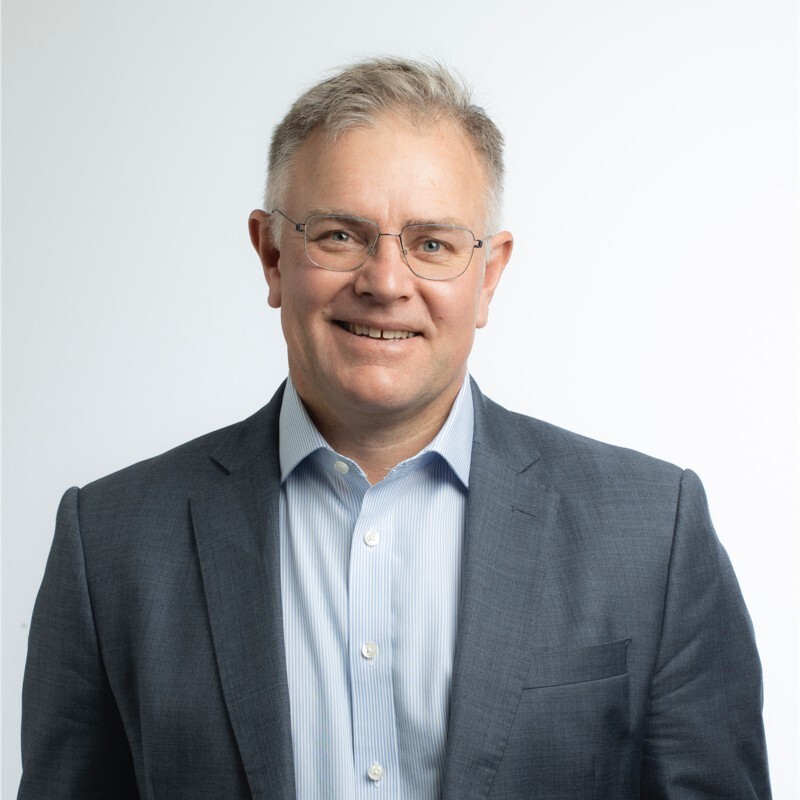Alumni Leadership Stories
Strong Teams as the Key to Scaling Cross-Sector Impact:
Richard Dammery’s Leadership Story

Richard Dammery, Chair of The Australian Ballet and a Non-Executive Director at Australia Post, has had over 35 years of cross-sector leadership expertise, in a wide range of commercial, legal and governance roles. His career spans telecommunications, retail, logistics, tech, health and the arts; he has held a series of academic appointments; and he’s built a leadership portfolio that’s as diverse as it is purpose-driven.
“I’m a naturally curious person,” Richard says. “I love to learn, and particularly in a hands-on way”.
That curiosity has led him through executive roles in the telecommunications industry, then at Coles and Woolworths, supporting growth at Aussie Broadband and WiseTech Global from the boardroom, and contributing to the arts as Chair of the Australian Ballet and Pinchgut Opera. What ties it all together is a strong values-based approach, and a commitment to working with similarly driven people on meaningful challenges.
Since completing the Williamson Community Leadership Program (WCLP) in 2007, Richard has continually refined his leadership philosophy, grounding himself in the belief that “leaders are there to serve, not to self-aggrandise”. For Richard, leadership, at its best, is as much about culture as it is about delivering outcomes.
“These days, most people would agree that culture drives results. That wasn’t true when I started work in the late 1980s, far from it. But it’s kind of obvious, isn’t it? If the team feels great, then the organisation’s customers will feel great. It almost always follows. Great teams act with integrity, by which I mean they are open and honest. They are non-political. They support each other as people. And they don’t hide problems: they surface them so everyone can work together to find the best solution. They also stay grounded when things are going really well. And they stay calm when they are not.”
Leading with authenticity, he says, is essential for connection and purpose. “It’s through serving the team that you derive your own meaning and purpose as a leader. We should all aspire to leave an organisation in better shape than when we arrived”. He reflects: “I know where my sense of responsibility and service came from: my Mum was a midwife, and my Dad a community GP. When you do these jobs, you are supporting people when they are at their most vulnerable, and across all sections of the community”.
It’s through serving the team that you derive your own meaning and purpose as a leader. We should all aspire to leave an organisation in better shape than when we arrived.
Richard credits his Williamson experience with broadening his understanding of leadership across different sectors. “I did the Program in 2007. That was the year I was elevated to the role of General Counsel and Company Secretary at Coles Group. We had just finished selling Myer, and were in the midst of defending the company from a takeover. It was intense. But the Williamson experience stayed with me far more than the cut-and-thrust corporate activity. Why? Because it gave me the opportunity to interact with people from walks of life I wouldn't otherwise have encountered”. “I think we found commonality in our leadership experiences, even though we worked in really, really different sectors,” he reflects.
“One of the most powerful aspects of the Program was mixing up people from the corporate sector, Government, Non-Profit and the Arts, as well as people from culturally and linguistically diverse backgrounds and the First Nations community. It totally changed my view on many things. For instance, at the time, I probably had a slightly jaundiced view of unions. But when I became friends with the union leader, someone I still respect enormously, I found my subsequent negotiations with union officials were very different. I knew, with patience and goodwill, we could find common ground”.
That perspective has stayed with him, particularly in challenging periods.
“Leadership’s often messy. You land flat sometimes. That’s part of it. Self-reflection is key.” Over time, he’s grown increasingly attuned to the role of people in leadership, in how people think, feel, and work together. “When things go right, it’s because of people. And when things go wrong, it’s because of people…being tapped into that is crucial.”
Today, as a non-executive director, Richard’s role is different. “Leading from the Boardroom is about focusing on the things that matter most”. It’s about supporting the team to build and execute strategy, prioritise culture, and deliver targets, all the time while remembering that you are there to represent shareholders and other stakeholders. “You are a steward, responsible for everything but, in practical terms, doing very little. Your role is to support and constructively challenge management to achieve the best outcomes they can, holistically”. And that’s true whether it’s in business, the arts, education or the community.
The enduring impact of the Williamson experience lies in its ripple effect: leaders lifting others, long after the program ends. As Richard puts it, “it was one of the unspoken principles of Williamson that, if somebody from the program calls you in the future, you take the call, and you try to help. In my experience, everyone’s always taken the call.”
That mutual respect and support, nearly two decades on, reminds him that meaningful leadership is as much about giving back as it is about growing forward.
Richard Dammery
2007 Williamson Fellow
Chair, The Australian Ballet
Non-Executive Director, Australia Post
